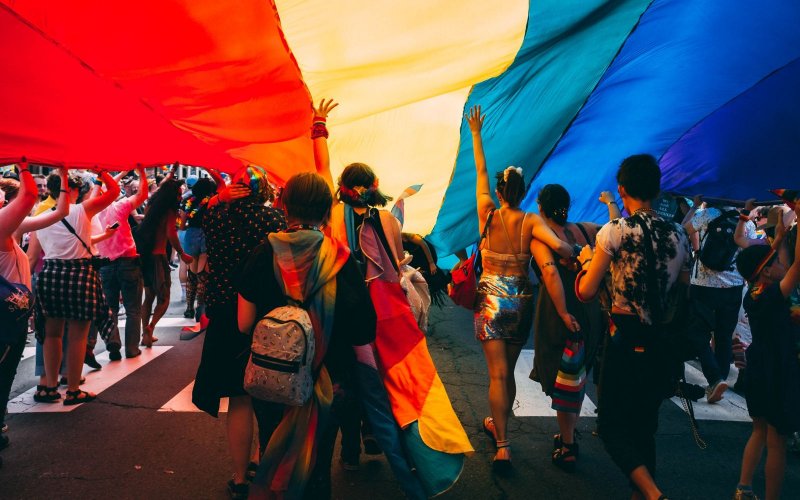LGBTQ Rights in Southeast Asia Slow to Improve

ALBANY, N.Y. (June 3, 2021) — As Pride Month begins in the United States, the focus is not only on parades and celebrations of the contributions and sacrifices made by members of the LGBTQ+ community, but how gay, queer and transgender people continue to face discrimination, in the U.S. and all over the world.
Meredith Weiss, professor and chair of Political Science, whose work includes research on global homophobia and queer mobilization, particularly in Southeast Asia, recently published an article in the Melbourne Asia Review on the topic. “Building a Community for Sexual Orientation and Gender Identity Rights in ASEAN” looks at some of the “overzealous” laws and punishments aimed at those who identify as LGBTQ in countries affiliated with ASEAN — the Association of Southeast Asian Nations — as well as that organization’s human rights agenda.
“In many ways, ASEAN’s gradual adoption of a human-rights agenda since the 1990s, and especially over the past decade, has been innovative and even surprising,” Weiss writes. “However, the ASEAN Human Rights Declaration does not validate all rights equally. In particular, sexuality rights did not make the final cut.”
Legal rights differ country to country, Weiss says, from Malaysia’s recent public caning of a gay woman to raids throughout the region on gay venues. Singapore, for example, has a well-organized LGBTQ community but still criminalizes gay sex. The Philippines has made impressive progress, allowing pride marches and gay groups on college campuses, “yet legal protections remain unimpressive,” she writes.
The COVID-19 pandemic has made life even harder for LGBT people in Southeast Asia, by shutting down the gig economies, forcing people to be in lockdown with family members who reject them, and imposing contact tracing that can sometimes “out” closeted members of the community. Read Weiss’s entire article here.




